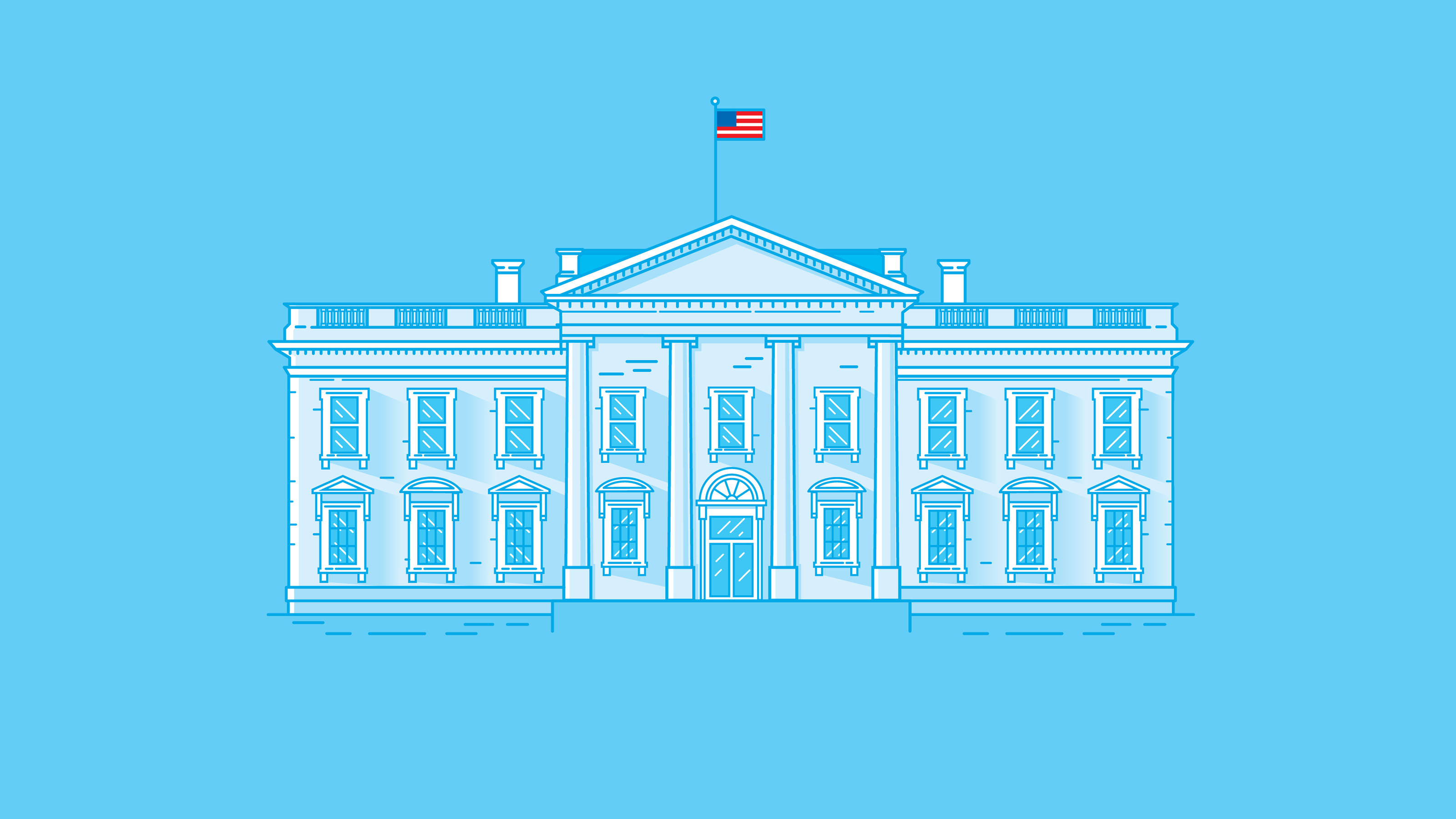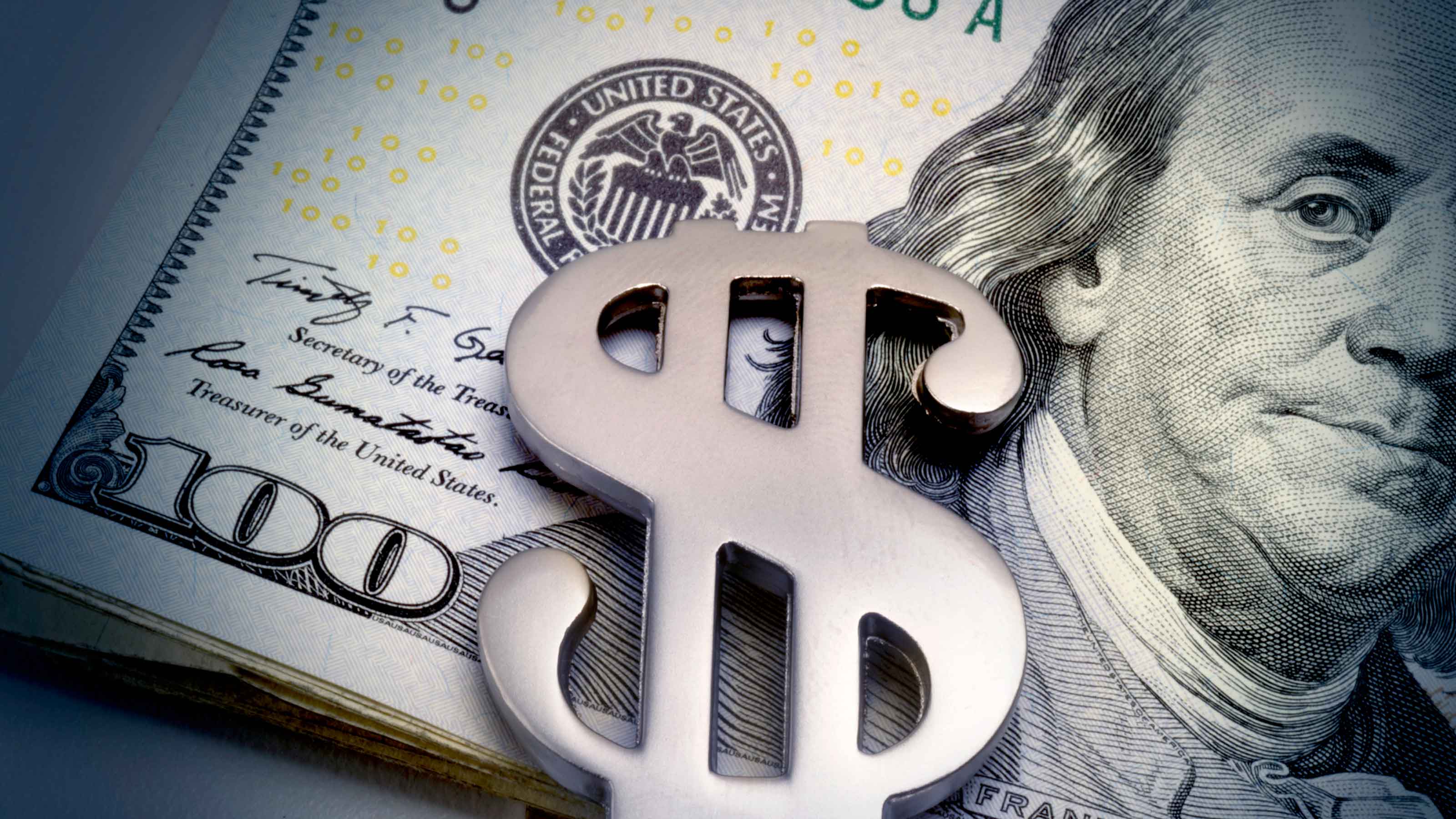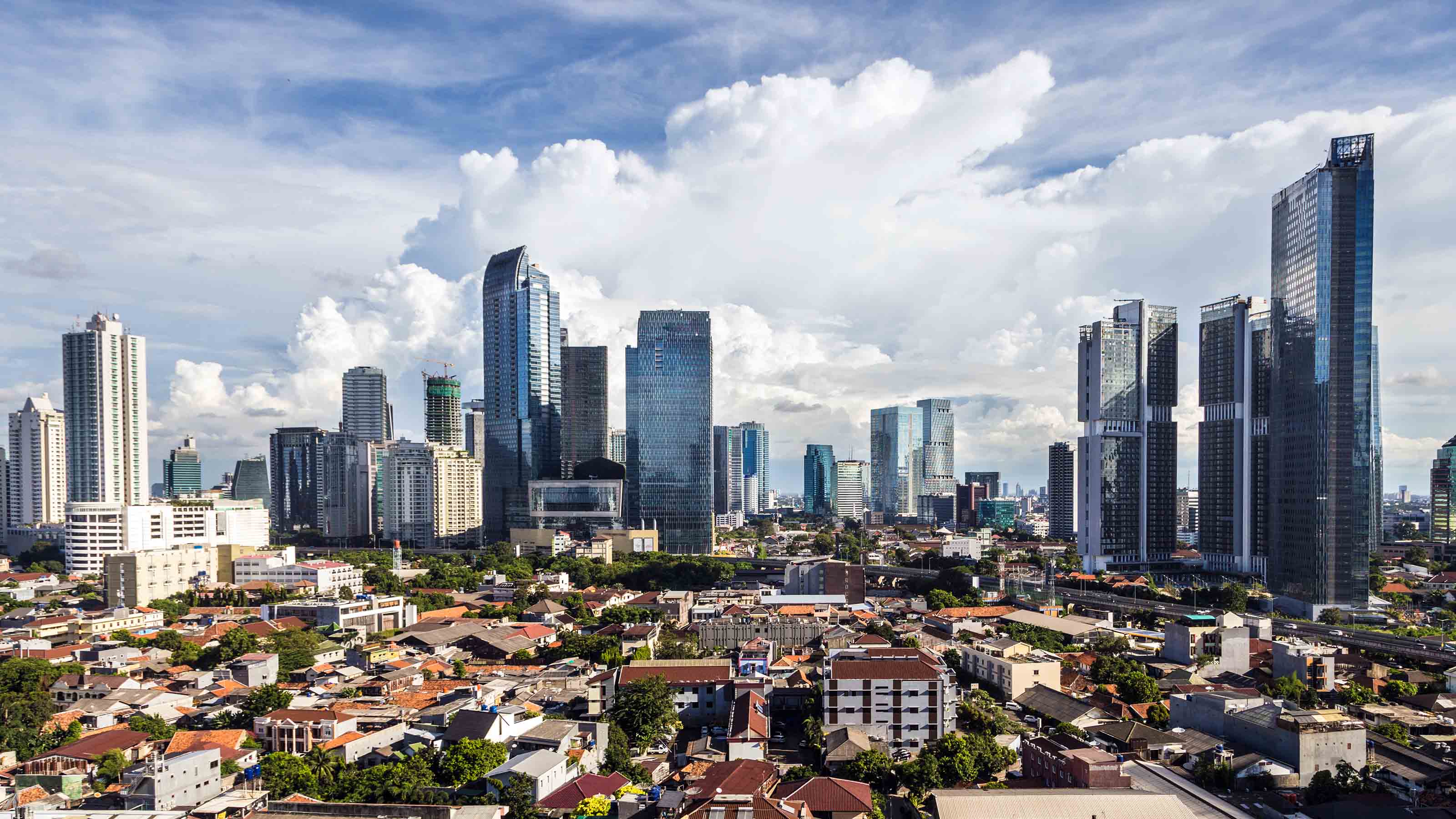Emerging Markets Skyrocket
It's not too late to make money here, but be careful. We show you where and how to invest in this volatile sector -- and which emerging-markets funds you should avoid.

Profit and prosper with the best of Kiplinger's advice on investing, taxes, retirement, personal finance and much more. Delivered daily. Enter your email in the box and click Sign Me Up.
You are now subscribed
Your newsletter sign-up was successful
Want to add more newsletters?

Delivered daily
Kiplinger Today
Profit and prosper with the best of Kiplinger's advice on investing, taxes, retirement, personal finance and much more delivered daily. Smart money moves start here.

Sent five days a week
Kiplinger A Step Ahead
Get practical help to make better financial decisions in your everyday life, from spending to savings on top deals.

Delivered daily
Kiplinger Closing Bell
Get today's biggest financial and investing headlines delivered to your inbox every day the U.S. stock market is open.

Sent twice a week
Kiplinger Adviser Intel
Financial pros across the country share best practices and fresh tactics to preserve and grow your wealth.

Delivered weekly
Kiplinger Tax Tips
Trim your federal and state tax bills with practical tax-planning and tax-cutting strategies.

Sent twice a week
Kiplinger Retirement Tips
Your twice-a-week guide to planning and enjoying a financially secure and richly rewarding retirement

Sent bimonthly.
Kiplinger Adviser Angle
Insights for advisers, wealth managers and other financial professionals.

Sent twice a week
Kiplinger Investing Weekly
Your twice-a-week roundup of promising stocks, funds, companies and industries you should consider, ones you should avoid, and why.

Sent weekly for six weeks
Kiplinger Invest for Retirement
Your step-by-step six-part series on how to invest for retirement, from devising a successful strategy to exactly which investments to choose.
Emerging markets are on fire. Is it too late to jump aboard?
The returns have been incredible. Over the past 12 months through October 15, the MSCI Emerging Markets index rose 61%. During the past three years, the index returned an annualized 37%.
| Row 0 - Cell 0 | Best Ways to Invest in BRICs |
| Row 1 - Cell 0 | Great Plays for a Weak Dollar |
| Row 2 - Cell 0 | The Best Stocks and Mutual Funds |
Globalization is for real. While some developing markets will undoubtedly fall apart for economic or political reasons, others seem likely to join the ranks of developed nations in a matter of time.
From just $107.88 $24.99 for Kiplinger Personal Finance
Become a smarter, better informed investor. Subscribe from just $107.88 $24.99, plus get up to 4 Special Issues

Sign up for Kiplinger’s Free Newsletters
Profit and prosper with the best of expert advice on investing, taxes, retirement, personal finance and more - straight to your e-mail.
Profit and prosper with the best of expert advice - straight to your e-mail.
What's surprising is that, despite the huge run-up in emerging-markets stocks, valuations are still almost reasonable. Price-earnings ratios are roughly the same as they are in developed nations, including the U.S. But anticipated earnings growth over the next 12 months is 16% in emerging markets -- much higher than in most established countries.
Weak stomachs need not apply
But be careful. In valuing emerging-markets stocks, it's also important to take risk into account. In the early 1990s, P/Es in developing markets briefly rose above those in developed nations. For most of the time since, overall P/E ratios for emerging-markets shares were below those of developing-markets stocks, a reasonable state of affairs given the sense that investing in, say, Vietnamese stocks was riskier than investing in U.S., Japanese or Swiss shares.
But now that P/E discount has disappeared. Emerging-markets "valuations are not at bubble levels, but we're not leaving a lot of room for disappointment," says Brad Aham, lead manager of SSgA Emerging Markets funds.
When the U.S. stock market dropped some 10% last summer on subprime fears, emerging markets plunged 18% in just three weeks. Emerging markets increasingly produce for their own consumption, as well as export to developed nations, but the U.S. is still the world's biggest market. Anything that hurts U.S. consumers, damages emerging markets exporters. And any event that raises questions about the durability of the American consumer is sure to rub off on emerging-markets stocks.
Many emerging markets, moreover, have been rising mainly because they're exporters of oil and other raw materials, which have soared in price. Those countries will suffer when materials prices return to earth, as most inevitably will.
Where to put your money
What should investors do? I still think putting 5% or so of your stocks in a dedicated emerging-markets fund makes sense. That way you'll participate in the continued development of emerging markets, while you'll avoid running the risk of making a bad bet on individual stocks or markets.
Check your diversified foreign funds first, though. These vary widely in how much they have invested in emerging markets. But a total holding of 8% or so in emerging-markets stocks -- through a dedicated developing-markets fund and your broad-based foreign funds -- seems reasonable to me for long-term investors.
For the most part, you should plan to hold your emerging-markets funds for the long term. I would sell, however, if valuations get significantly higher and prices began to drop. I learned my lesson last year with real estate investment trusts. Going into 2006, REITs were clearly overvalued, yet they still returned 35%, on average, that year. But I warned readers to sell before that. Ouch! REIT prices didn't begin fall in earnest until early 2007.
My favorite developing-markets funds are T. Rowe Price Emerging Markets (symbol PRMSX) and SSgA Emerging Markets (SSEMX). SSgA recently closed to new investors. But I’ve been recommending it to readers for years. The T. Rowe fund relies on analysts who are scattered around the globe and who also work for the firm's broad-based foreign funds.
SSgA is a quant fund -- that is, its managers pick stocks mainly by running sophisticated computer programs. The programs hunt for both attractive countries and companies. The fund buys both bargain-priced "value" stocks and fast-growing companies. The fund's managers also spend a lot of time visiting emerging markets to add a human perspective to their investing.
Investments to avoid
Don't expect low risk in any emerging markets funds. Chances are they that they are more volatile than anything else in your fund portfolio. If you're a relatively short-term investor -- say, you're investing for college for a teenager -- stay away from emerging markets altogether.
Investors should avoid the narrower emerging-markets funds -- those that invest just in one region of the world, or, worse yet, just in a single country, such as China or India. Concentrating on a region or a country sharply increases risk for no good reason. The one exception I'd make: Matthews Asia Pacific (MPACX). The Matthews funds have sterling long-term records, and Asia makes up a big proportion of emerging markets.
T. Rowe Price has several of these narrow funds. Avoid them. T. Rowe is one of my favorite fund companies, but its latest emerging-markets offering -- T. Rowe Price Africa & Middle East (TRAMX)--strikes me as a truly bad idea.
I just interviewed Joseph Rohm, a London-based analyst for this fund. He's bullish. Many economies in Africa and the Middle East are growing rapidly, and most of those nations are diversifying away from natural resources. Valuations are reasonable -- low in the Middle East -- and Rohm seems to favor infrastructure and finance companies. (T. Rowe, by the way, excludes Israel from this fund, although it holds Israeli stocks in its other foreign funds.)
Launched in early September, the Africa & Middle East fund might make a decent short-term bet for maybe 1% of your money. The fund has just $25 million in assets, and has risen more than 10% since its inception. But if you buy, call it what it is: a speculation, not an investment.
Rohm, 36, argues that these "frontier emerging markets" provide more diversification than traditional emerging markets do. I'm sure he's right, but I'd bet these countries are even less advanced than emerging markets as a whole were in early 1994, when Mark Mobius, who was then and still is manager of Templeton Developing Markets fund (TEDMX), visited Kiplinger's to extol these exotic, fast-growing nations.
Emerging-markets funds had soared an average of 78% in 1993. But they fell in three of the next four years before plunging 27% during the Asian contagion of 1998. Even if you had invested in the average emerging-markets fund (there were only a few of them back then) before the 1993 starburst and held on for the long term, you'd still be up only 9% annualized today -- an average of two percentage points per year less than you would have earned in Standard & Poor's 500-stock index. And the volatility of emerging-markets funds was off the charts.
I'll bet that the new T. Rowe fund goes through a period just as bad as other emerging-markets funds did in the 1990s. Those who climb aboard now will encounter wonderful highs and horrible lows. About the only thing good you can say about this fund is that T. Rowe isn't promoting it with advertising to lure in the unwary.
Steven T. Goldberg (bio) is an investment adviser and freelance writer.
Profit and prosper with the best of Kiplinger's advice on investing, taxes, retirement, personal finance and much more. Delivered daily. Enter your email in the box and click Sign Me Up.

-
 How Much It Costs to Host a Super Bowl Party in 2026
How Much It Costs to Host a Super Bowl Party in 2026Hosting a Super Bowl party in 2026 could cost you. Here's a breakdown of food, drink and entertainment costs — plus ways to save.
-
 3 Reasons to Use a 5-Year CD As You Approach Retirement
3 Reasons to Use a 5-Year CD As You Approach RetirementA five-year CD can help you reach other milestones as you approach retirement.
-
 Your Adult Kids Are Doing Fine. Is It Time To Spend Some of Their Inheritance?
Your Adult Kids Are Doing Fine. Is It Time To Spend Some of Their Inheritance?If your kids are successful, do they need an inheritance? Ask yourself these four questions before passing down another dollar.
-
 White House Probes Tracking Tech That Monitors Workers’ Productivity: Kiplinger Economic Forecasts
White House Probes Tracking Tech That Monitors Workers’ Productivity: Kiplinger Economic ForecastsEconomic Forecasts White House probes tracking tech that monitors workers’ productivity: Kiplinger Economic Forecasts
-
 Investing in Emerging Markets Still Holds Promise
Investing in Emerging Markets Still Holds PromiseEmerging markets have been hit hard in recent years, but investors should consider their long runway for potential growth.
-
 Stocks: Winners and Losers from the Strong Dollar
Stocks: Winners and Losers from the Strong DollarForeign Stocks & Emerging Markets The greenback’s rise may hurt companies with a global footprint, but benefit those that depend on imports.
-
 5 Exciting Emerging Markets Funds to Buy
5 Exciting Emerging Markets Funds to BuyForeign Stocks & Emerging Markets Emerging markets funds haven't been immune to global inflationary pressures. But now might be the time to strike on these high-risk, high-reward products.
-
 African Stocks: Investing in the Last Great Emerging Market
African Stocks: Investing in the Last Great Emerging MarketForeign Stocks & Emerging Markets A massive middle class and rapid technology-enabled development could turn African stocks into growth darlings over the next two decades.
-
 ESG Gives Russia the Cold Shoulder, Too
ESG Gives Russia the Cold Shoulder, TooESG MSCI jumped on the Russia dogpile this week, reducing the country's ESG government rating to the lowest possible level.
-
 India Is on a Tear
India Is on a TearForeign Stocks & Emerging Markets Massive modernization presents opportunities for investors.
-
 Wasatch Emerging Markets Small Cap Goes Its Own Way
Wasatch Emerging Markets Small Cap Goes Its Own WayForeign Stocks & Emerging Markets This emerging-markets stock fund isn't afraid to stray from the pack.